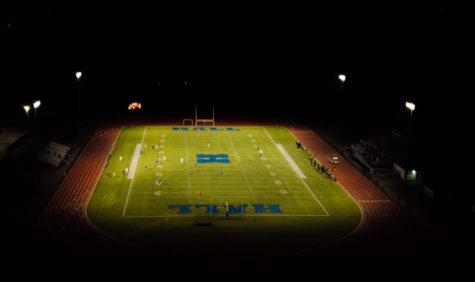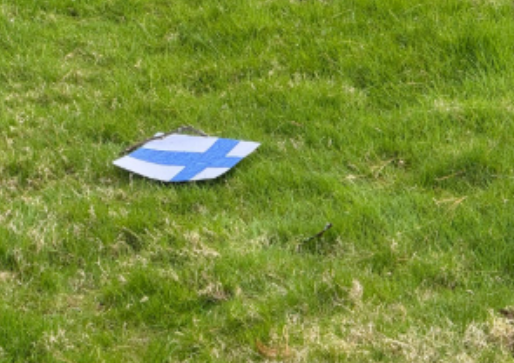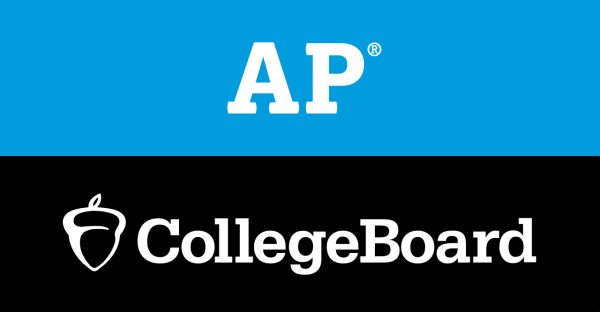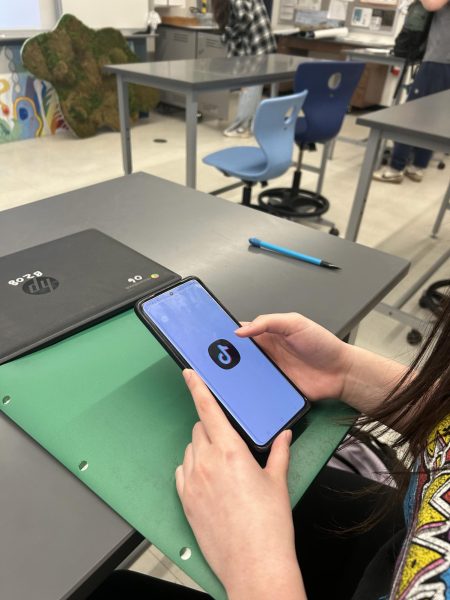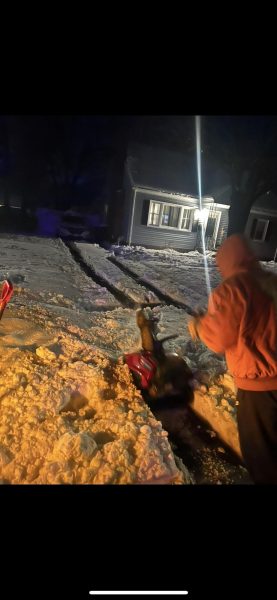The Cancellation Of The Football Season
“I don’t know how they can sleep at night”, says Izzo Lizardi, Hall High three sport captain and Middlebury football commit, as the sun rises on the horizon, spilling light onto the field.
The dew on the turf glitters. His voice quivers on the last word; the words are heavy, he struggles to carry them. He speaks softly, but Lizardi is the type of person who doesn’t need to speak loud for others to listen. He often comes here – the Hall High Football Stadium – to run his track workouts in the mornings. He doesn’t have too, but he does. Izzo gets ahead by combining natural talent with the grit to outwork everyone else.
He sits still, staring at the end zone with the pained admiration that one might have at a loved one’s wake, when seeing their dear departed.
Izzo has been a key leader in Hall athletics from the start. He’s known thousands of athletes, coaches, and staff, and he’s seen them come and go, rise and fall. He has had to say goodbye to many seniors he’s held dear as they moved on to the next stage of their lives. He always found beauty in it: though the seniors leave, a new class will always come and fill their place. And he knew one day a new class would come to fill his place. But he never thought it’d be like this.
It’s hard to find the beauty in this. Even for an optimist like Izzo.
This is several months after the CIAC denied any possibility of a football season this fall due to Covid-19. The senior season – the one that he and his peers had been working towards all this time – disappeared in a flash.
7v7
To make up for the loss of the normal 11v11 game of football, the CIAC allowed athletes to play a mere five game season of 7v7 football. But 7v7 is a completely different game. “It’s literally backyard football,” asserts junior Leo Perreira, “It’s not even close to the same thing”. Lizardi agrees, describing it as “absolutely inadequate”. “It’s not the same without the pads, without all my teammates and my brothers”, he adds. In 7v7, positions are completely changed, and a different set of skills are necessary. Lizardi, who is a star running back, was forced to play receiver instead, though he doesn’t mention it. Instead he describes the plight of the linemen; “It was particularly unfair to them – the linemen are the people I give most of the credit to. They really didn’t have an opportunity to shine and grow.” Lizardi believes they do more than they’re ever recognized for during normal seasons, and for them to be completely set aside this season was “heartbreaking”.
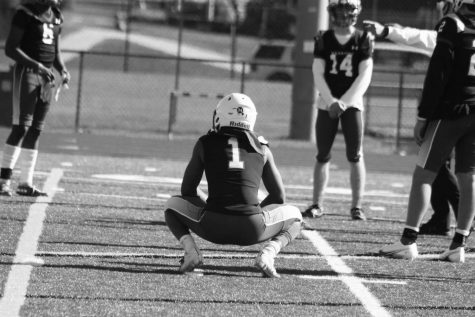
Betrayal
Throughout the year, athletes began to distrust the CIAC; “They lead us on, over and over” says Perreira, “They kept telling us we had a season, and telling us there was hope, and then telling us we didn’t”. He pauses to collect his thoughts, before adding; “It was terrible because we didn’t know what was happening”.
Athletes felt that the CIAC was taking advantage of their hope in order to save face. Lizardi compares their leadership to a light switch: “They turned it on, giving us light, everyone was hopeful…and then they shut it off. It caused a lot of damage to the players.” He explains how it caused him to lose trust in the organization, and second guess everything.
The CIAC’s decision
“I didn’t have any say in the decision to cancel the season”, says West Hartford Athletic Director Jason Siegel. “It was made by the CIAC Board of Control”, he explains, “which consists of CIAC member principles, superintendents, athletic directors, and the CIAC executive staff”. The CIAC was on and off about the decision for months. One week the season was on, the next it was cancelled, the next it was moved to the spring, and so on. Many student athletes across the state believe the CIAC was simply leading them the entire time. “They wanted to save themselves”, says an anonymous Hall football player, “The CIAC knew that if they just cancelled it without the adequate explanation which they never gave anyway, then there would be a lot of backlash. So, they continued to lead players and coaches on for months, until ultimately just cancelling it all and forgetting about it.”
Spring Season? A Cruel Joke
The spring season is an example. When the CIAC broke the news that the fall season was officially cancelled, the athletes were promised a spring season. The spring season never came. “Empty promises. Very empty”, Izzo muses. Their decision to cancel the spring season came at the end of the winter, when things were looking up. The winter sports seasons – even for close contact sports like Basketball and Wrestling – were going smoothly, and the vaccine rollout had begun. “I became very hopeful for the spring season”, he remembers, “…to be honest I felt like they pulled a fast one on me. I feel like it was almost malicious”.
Star senior Divine Edwards, among a multitude of others, feels that they might have already known that the spring season wouldn’t happen, but promised anyway “just to reduce the backfire”. Jason Siegel disagrees, “I don’t think any decision was made early on…I think that they were trying to hold out hope for as long as possible”. He explained that “after the loss of the spring season last year, [the CIAC] wanted to do everything they could to ensure that a full spring season was offered to spring athletes”.
Regardless of the reason, the decision resulted in sheer heartbreak for tens of thousands of athletes.
Pain
The effects of this loss on the players can not be overstated. It is devastating. “Many people just don’t grasp the importance that high school sports has in our country”, says a senior football player who wishes to remain anonymous. “The truth is that high school sports is the realest example of the existence of the American Dream in our country today” they say. “It gives kids the hope that while they might not come from much, as long as they work hard, they can have the opportunity to secure an amazing future for themselves.” He goes on to explain how without the hope of the opportunities that sports provide, many kids turn to crime. “Without it, the chance that they may have
“This is something no child should have to go through, to feel that they will not be able to make something of their lives. To lose hope as a high schooler… it’s soul-crushing. The effects go beyond the field; they lose motivation, they lose self-esteem, they stop getting good grades because they feel there’s no point, they turn to crime, to drugs.” The truth that many people don’t realize is that players are relying on football as a means to pursue higher education. Football is a source of much greater things other than being just a sport and many believe it was unfortunate, the way that the CIAC dealt with this situation with such a lack of care and thought for the students athletes across the state. Coaches believe the on and off decisions and lack of leadership left thousands of Connecticut high school football players without an answer… hopeless. Senior football players had lost their senior season and for many, the possibility of playing college football. They were simply left with nothing.
